School Canteens: The Experience of Home-Grown School Feeding (HGSF) Boosts the Dynamism of School Canteens in Togo
Guest blog written by Dr. ALAO Hycinthe, Dr. AGBISSO Wanata.
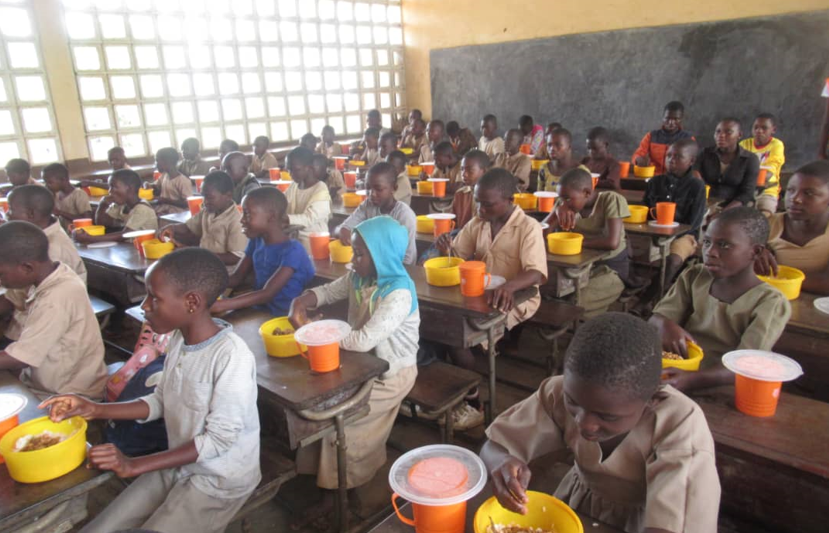
Since 2020, school canteens in Togo have taken on a new look by migrating from the sphere of projects towards a truly national school feeding program. This transformation or change was consecrated by the adoption of the law on school meals. This law guarantees food in the long-term for all primary and preschool pupils in public establishments.
Following the adoption of the law, implementing texts were adopted, namely the decree No. 2021-06/PR defining the terms of implementation of the national policy on school feeding and the coordination of its program, as well as 04 decrees of application. With these legal and regulatory tools, many transformations have been initiated, and the communities placed school canteens at the heart of their work.
Togo is therefore now witnessing a “State – community” co-financing of the supply of school meals, where the State intervenes at 92%, and the communities at 8%. International institutions such as the World Food Programme (WFP), civil society organizations (CSOs), and economic operators have demonstrated strong support for the program as well.
Indeed, the path to enable economic operators in the private sector to contribute to the financing of school feeding was only just made possible by the modification of a financial law article. Now, private sector donors have the right to make fully deductible donations to school canteens set up by the State. Consequently, 16 out of the 17 pledges made by economic operators were accomplished in 2022 for a total amount of 103,964,000 CFA francs. Compared to the year 2021 during which a total amount of 101,501,100 CFA francs was mobilized, there was a slight increase in the mobilization of resources from economic operators.
Several other advocacy and communication actions have been planned and are being executed gradually with the aim of broadening the target of institutional and non-institutional contributors to the program.
The law on school feeding has also fostered increased partnerships from around the program. WFP, Catholic Relief Services (CRS), Heidelberg Cement Group Foundation (FHC-Togo), ADRA Togo, ADS, Chaîne de l’Espoir, AIMES Afrique, Togocom, Orabank, Moov Africa, SOS Village d’Enfants, CADO NGO and ABEPE NGO are the key players in this space.
Similarly, Togo’s participation in the Global Child Nutrition Forum in Cotonou, Republic of Benin last fall inspired transformations around the national school feeding programme. This is concretized by the elaboration of several strategic and operational documents, namely, the national school feeding policy, the national school feeding programme, the guide targeting, management and implementation, as well as the creation of a recipe guide. On the ground, 100 school gardens have been set up during the 2022-2023 school year as part of a partnership between the Togolese government and WFP to further the HGSF experience.
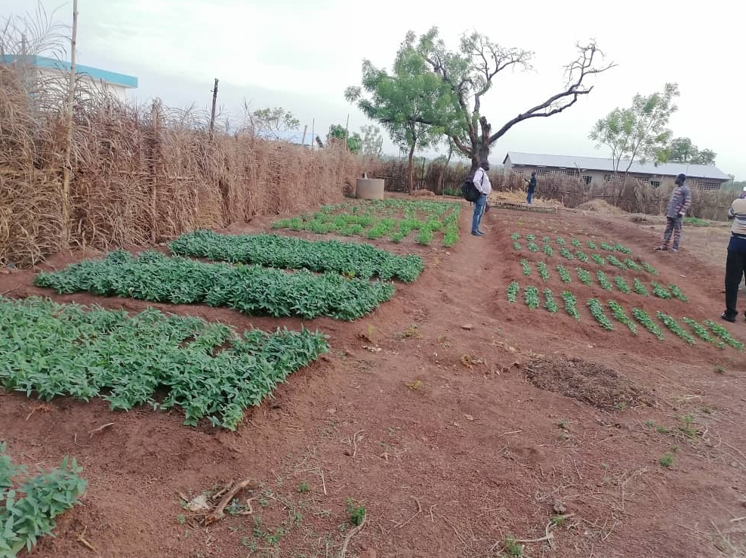
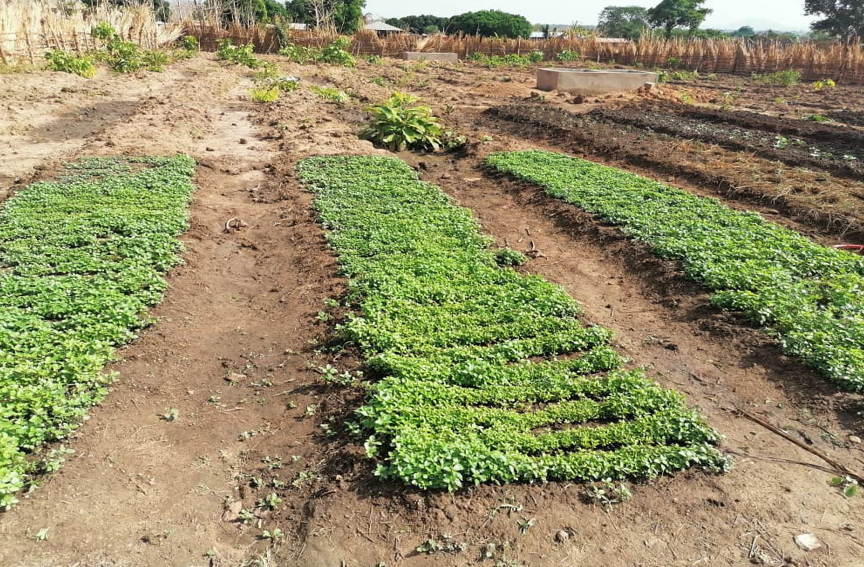
The School Garden Experience: a real instrument of educational action and contribution to the quality of school meals in Togo.
20 bio-digesters have been installed throughout the territory, and produce both bio-gas and organic “digester” fertilizers for use in the gardens.
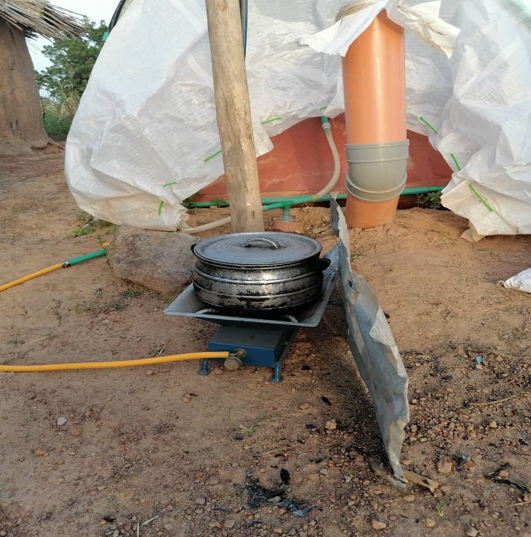
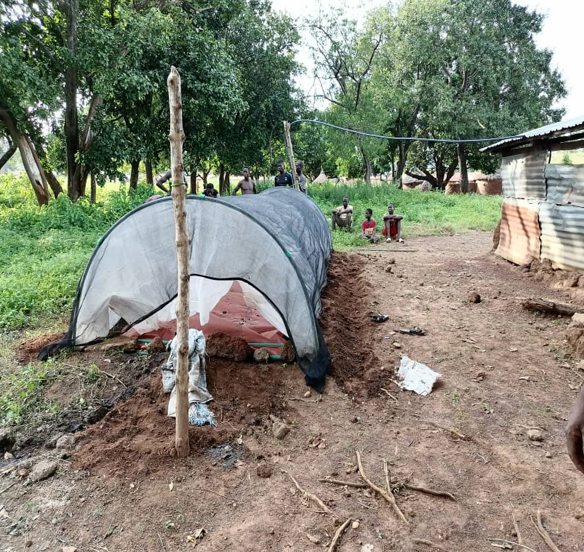
Bio-digester under construction at the school, a climate-smart innovation from energy transformation coupled with organic fertilizer production (digesta) to boost production in vegetable gardens in Togo.
For the sake of the sustainability of the program, poultry breeding units, grain mills, and sauce mills have also been installed in addition to vegetable gardens in 60 beneficiary communities, which promotes the development of income-generating activities.
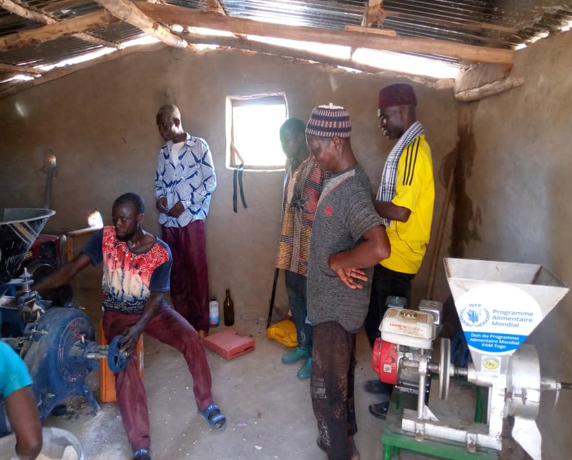
Grain mills and sauce mills for communities benefiting from school canteens: a strategic option to lighten the arduous work of canteen mothers, offer milling services to communities and create wealth, aimed at sustainability/ improvements in auto-financing of school canteens in Togo.
“The mills that arrived thanks to school canteens save us. It is a response to the suffering of mothers who are forced to travel several kilometers to grind the grain and especially the sauce. Thanks to WFP, ANADEB and the government of Togo” President of COGEP Helouta in the Kara region.
Another significant development remains the strengthening of the practice of the concept of “consume local”. This involves supplying school canteens with food directly purchased from local producers organized into cooperatives through purchasing contracts. In the pilot phase, for the current school year (2022/2023), 69,077 tons of food has been acquired. A total of 47,199,644 CFA francs made it possible to finance these acquisitions, thereby contributing to the development of the local economy.
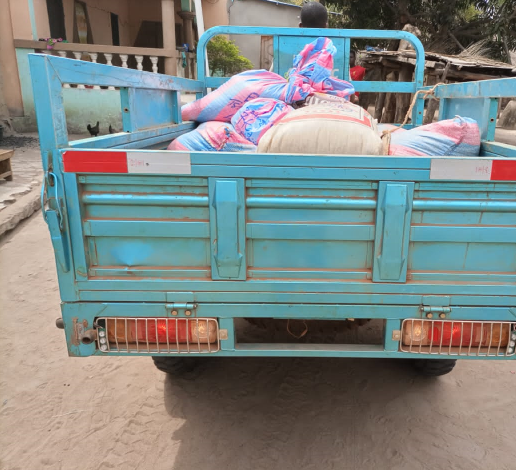
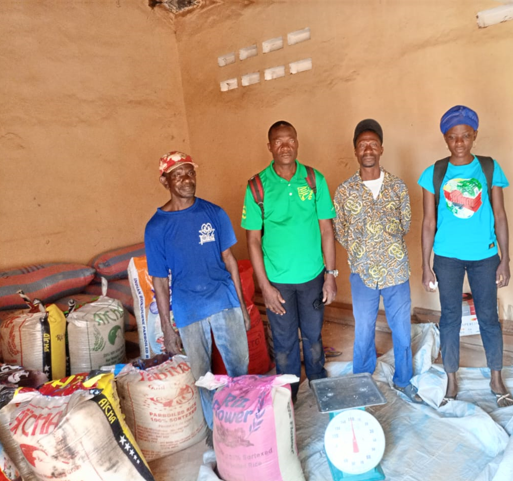
Local purchasing strategy: Local cooperatives engaged with appropriate means to ensure the delivery of local food stocks to schools in real time (Zio 4 municipality).
To date, Togo has 1,181 schools benefiting from school canteens, i.e. 210,000 primary and preschool pupils benefitting from the program.
Looking ahead, ANADEB envisages, with the support of the WFP, the extension of the number of schools benefitting from the HGSF excellence program to 50 new schools from the start of the 2023 school year and into 2024. ANADEB also plans to equip canteens with mills as well as set up chicken coops and school gardens The adoption of strategic and operational documents of the program by the government and an exploration of new avenues of sustainable funding have also been planned.

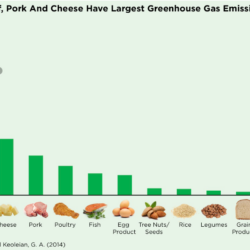
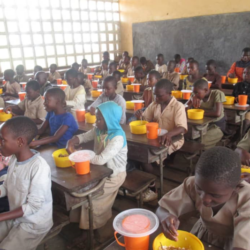
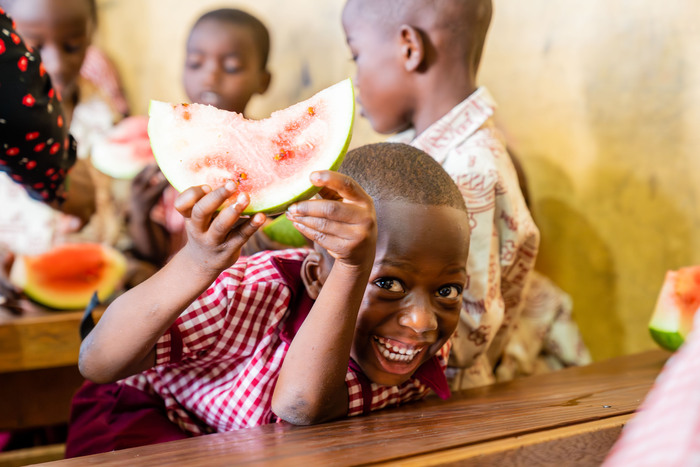
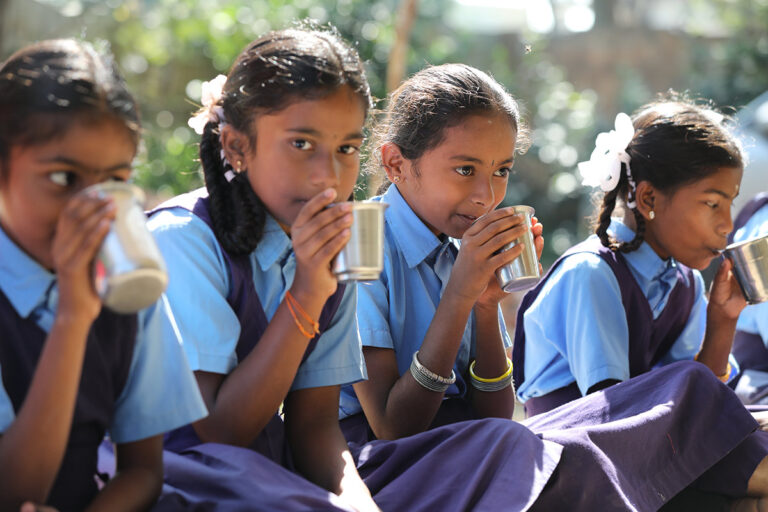

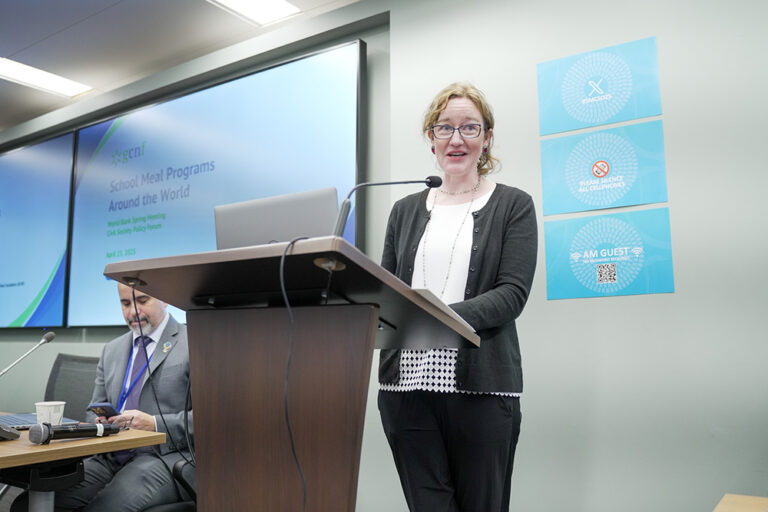
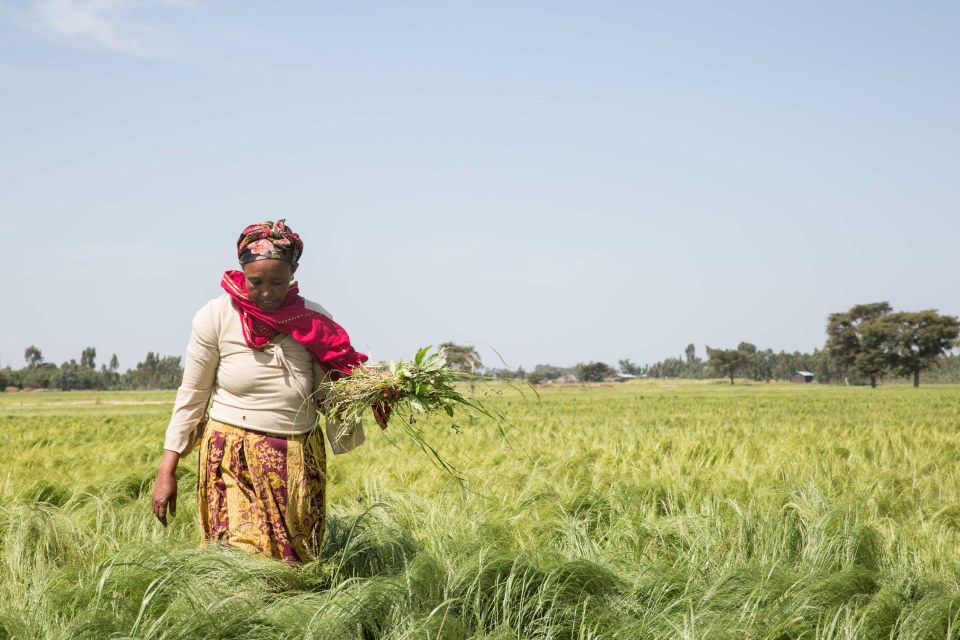
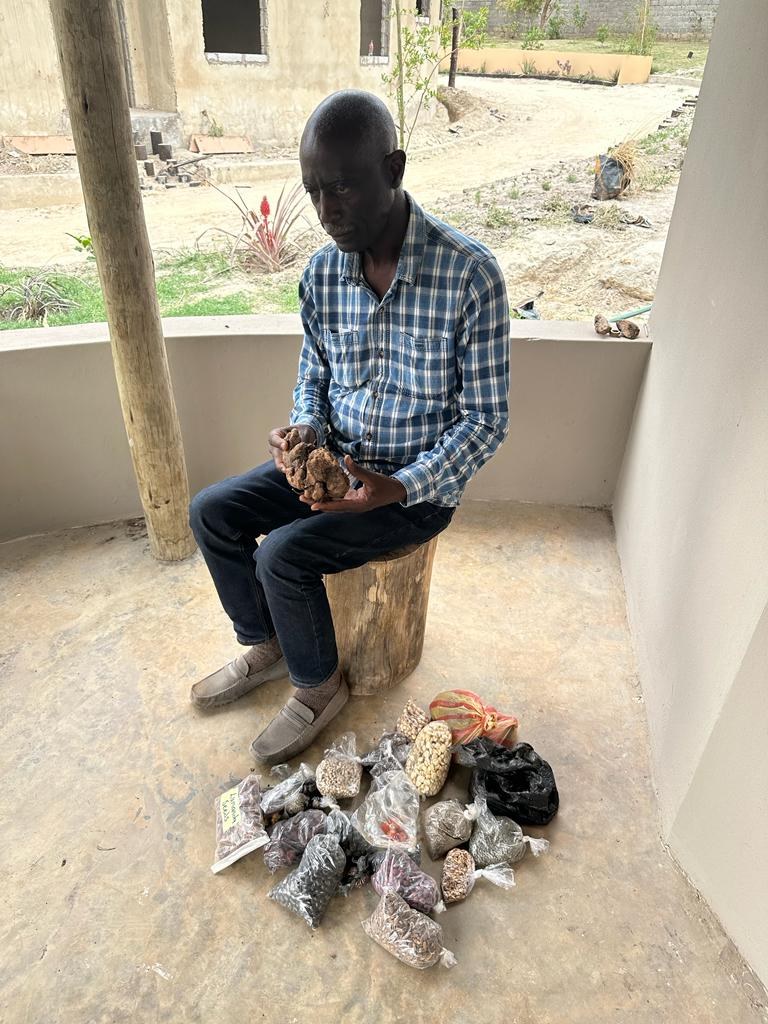
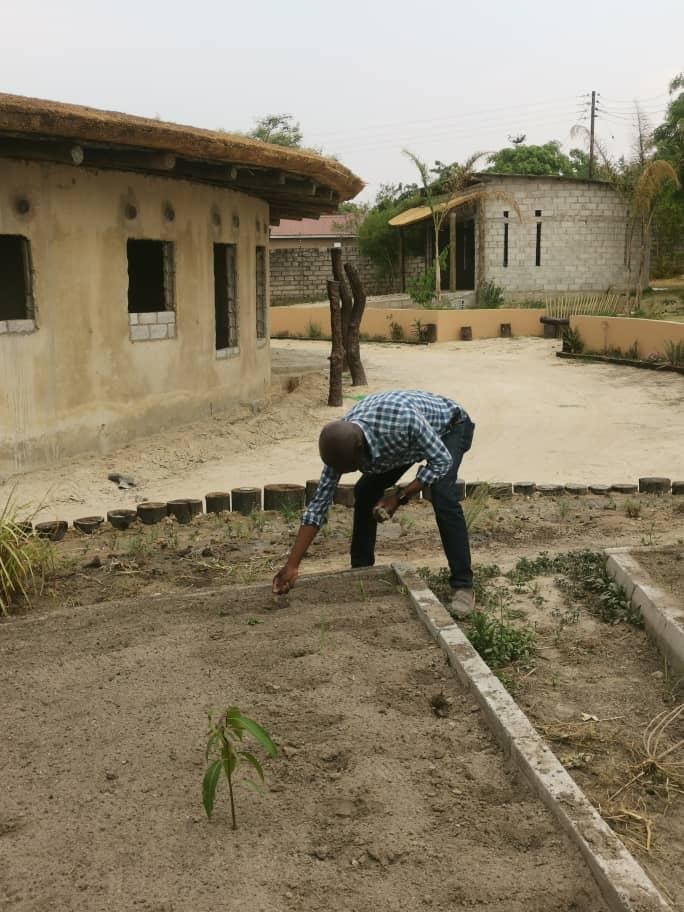
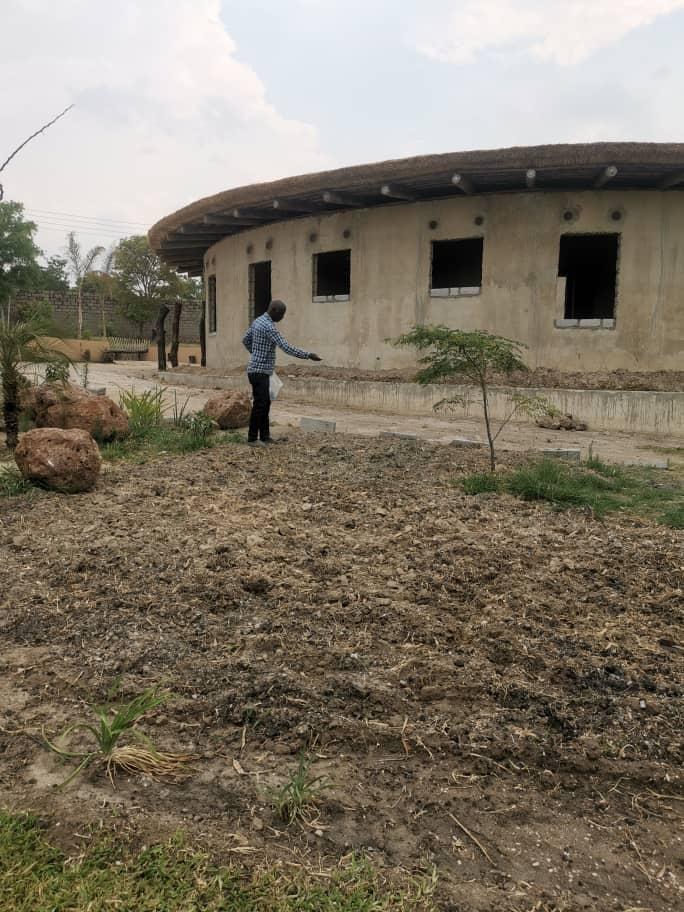
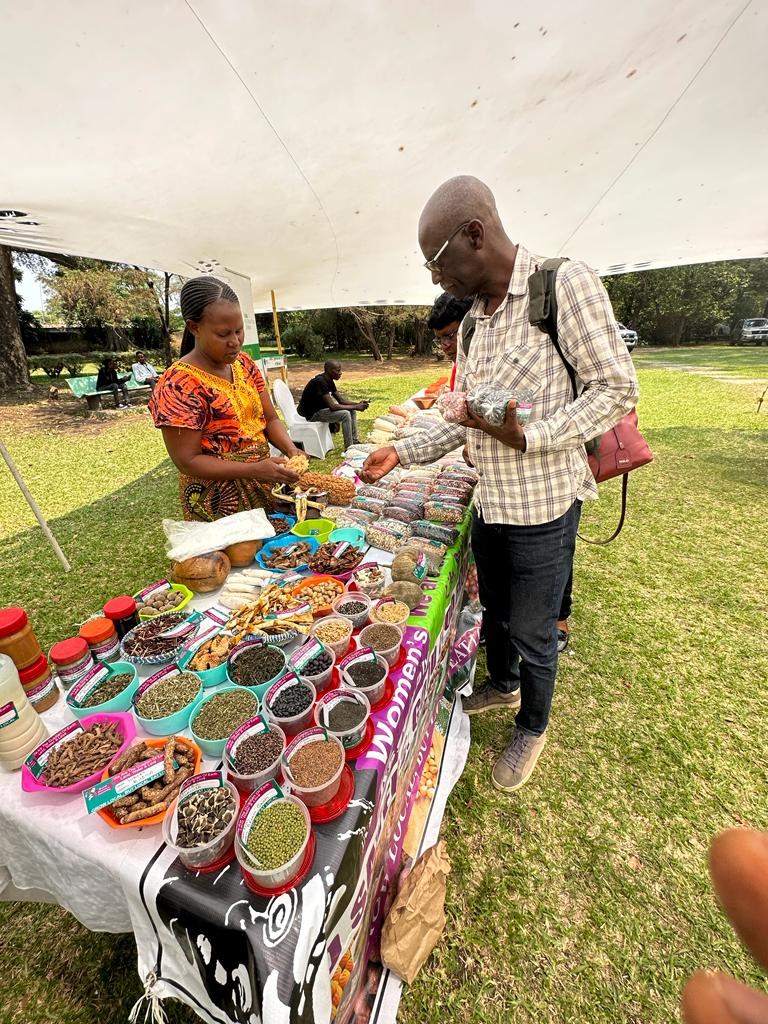
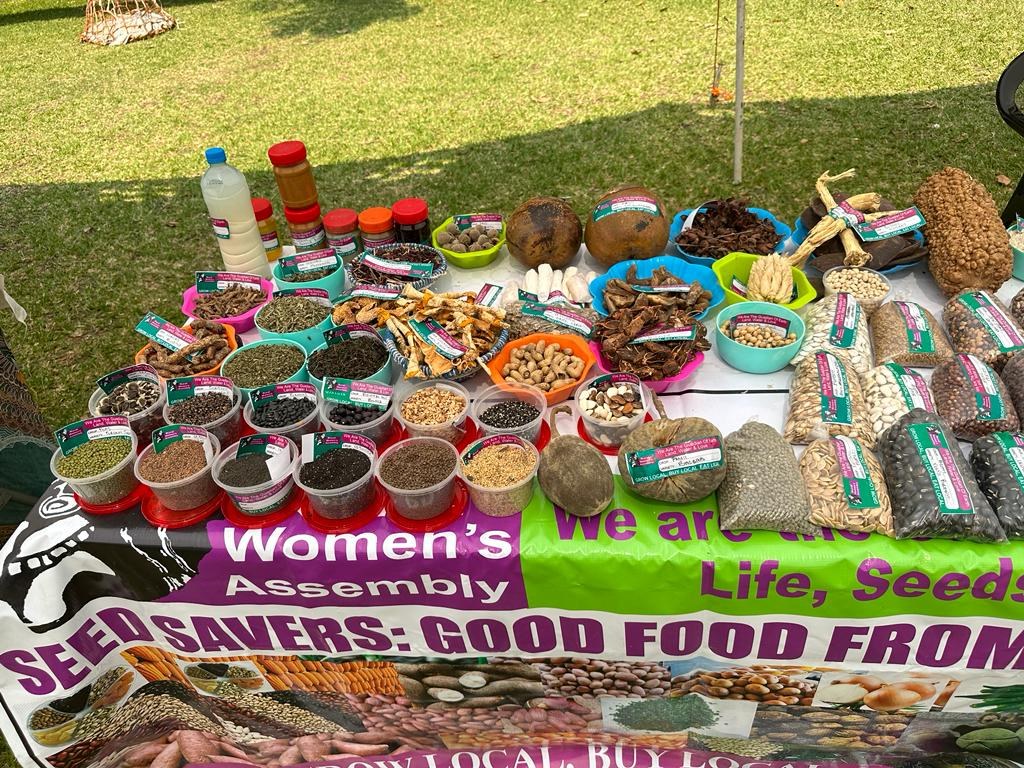
No comment yet, add your voice below!